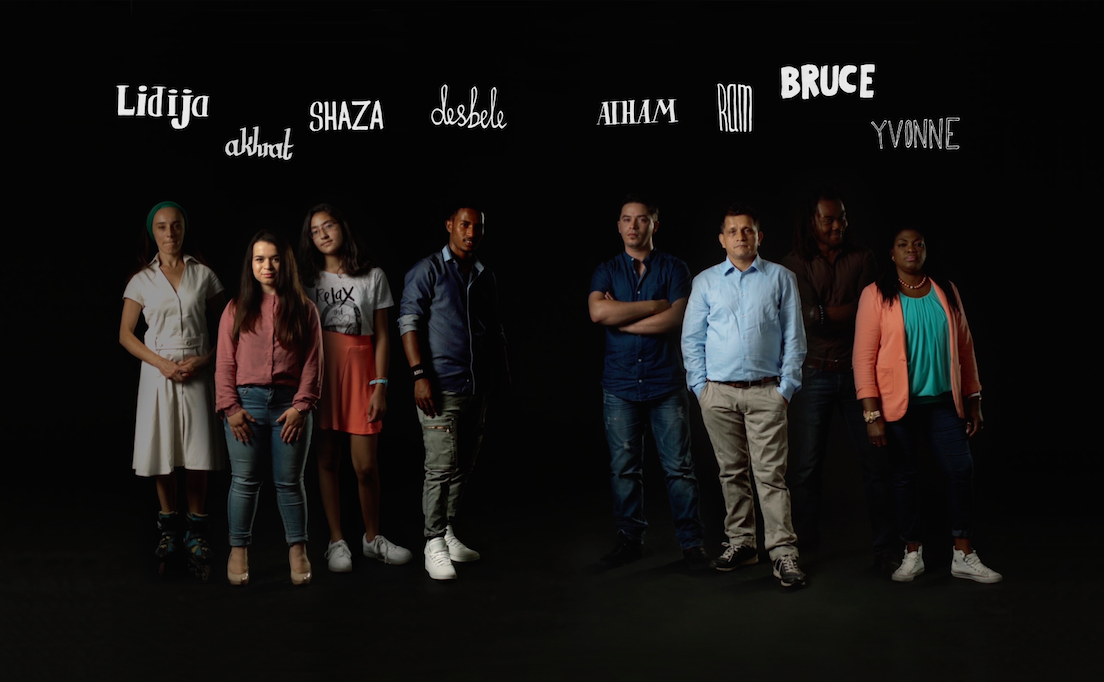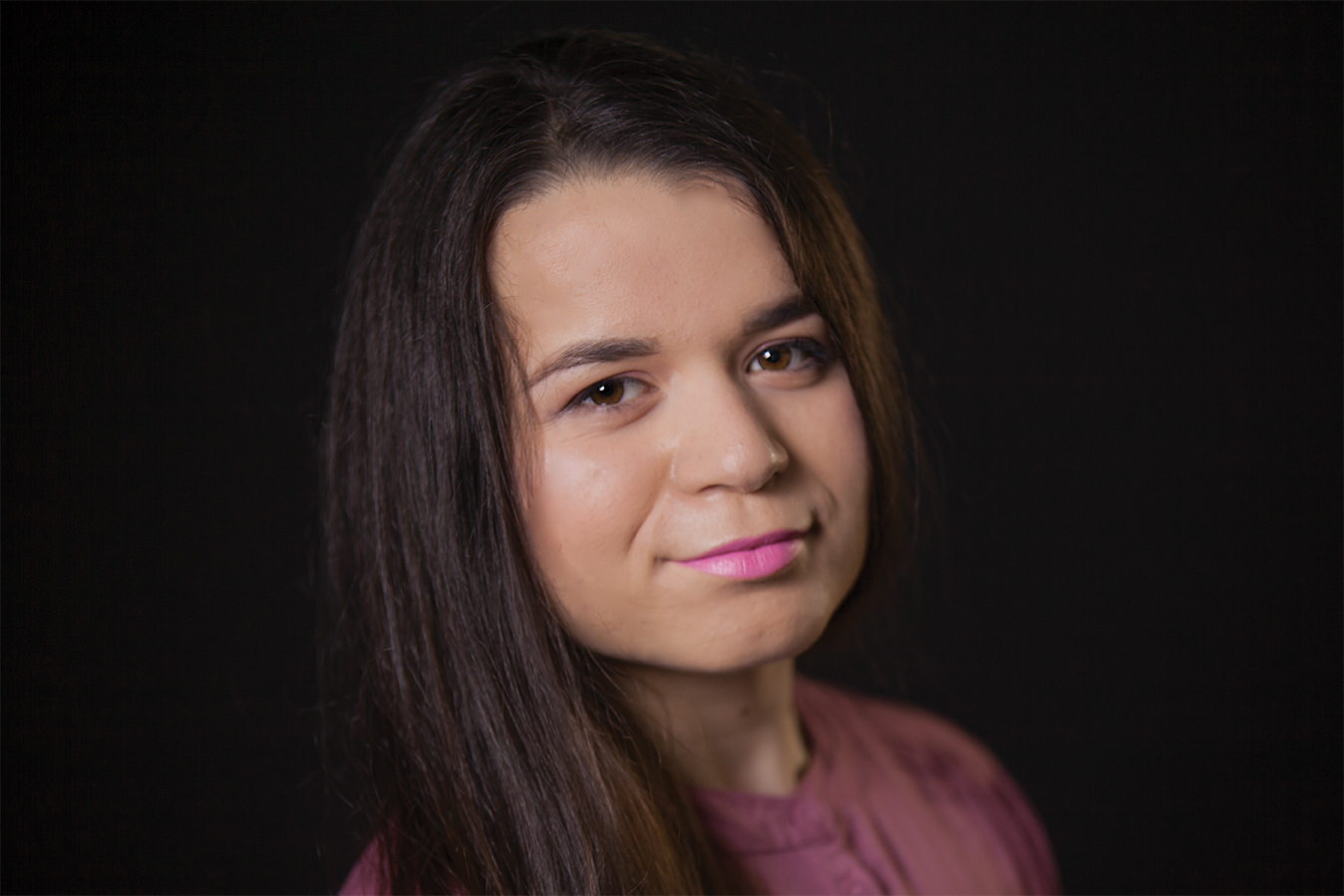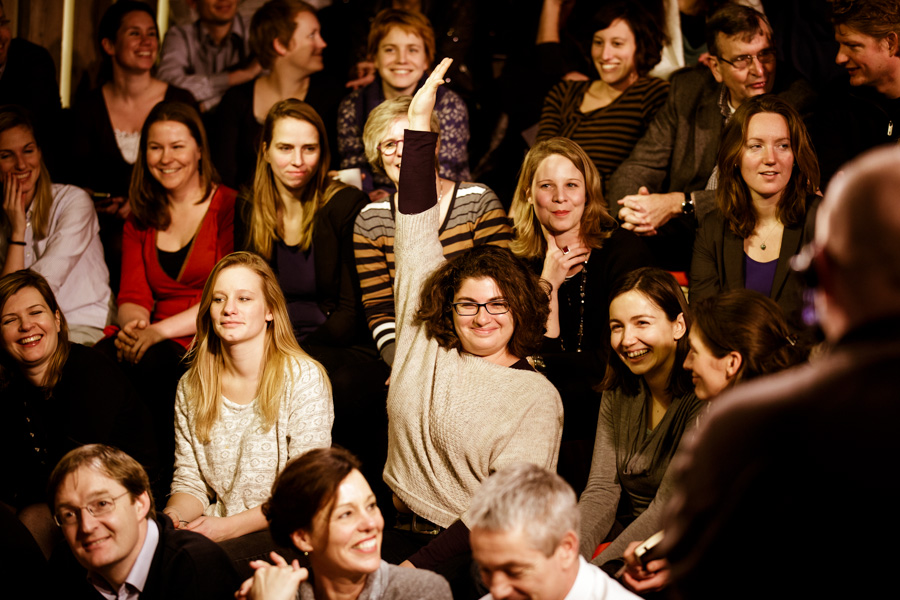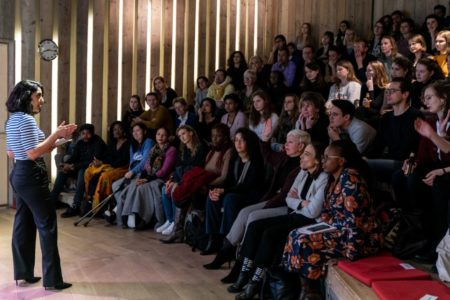This film is sold out
With lust for life, humour and unexpected situations, the documentary Hamada paints an unusual portrait of a group of young friends in a refugee camp in the middle of the Sahara desert. The Sahrawi, a forgotten group of people, have lived here for forty years. The second largest military wall in the world separates them from their home country.
The Sahrawi are a forgotten people. Ever since Morocco annexed the Western Sahara in 1975 and drove the Sahrawi from their homeland, they have fought a fruitless battle for independence that has garnered almost no international attention. Located at the Algerian border, deep in the rocky desert, refugee camps are cut off from their surroundings by minefields and Morocco’s defensive wall, which stretches for thousands of kilometres.
People have been living in these settlements for decades now. It’s a dreary and tough existence, but the three friends Sidahmed, Zaara and Taher will not be discouraged. With understated humour, director Eloy Domínguez Serén shows how these twenty-year-olds manage to keep on chasing their dreams. Sidahmed wants to go to Spain, while the cheerful Zaara, who cannot be bossed around, is determined to buy a car. First she has to find a job, then learn to drive.
In addition to capturing the monotony, the delightful camerawork in this colourful, vital portrait of stagnated lives reveals the more pleasant, softer side of this secluded world.
Good to know
Director: Eloy Domínguez Serén
Duration: 88 minutes
Subtitels: English subtitles
The open-air film starts after sundown, which is around 21:30. If it’s raining, the film will be screened indoors in the Genève hall. Drinks and snacks will be available on our terrace before the film starts.
Reviews
Variety: ”This film is depicting a group of young people coming to terms with a bleak future of unemployment by using humor as a tool and nursing long-held dreams of escape.”
Hollywood reporter: ”The film combines patient, sensitive ethnographic observations with a streak of wry and off-beat humor, and the result is the kind of ostensibly “small” production which lingers in the mind long after noisier affairs have faded into oblivion.”






